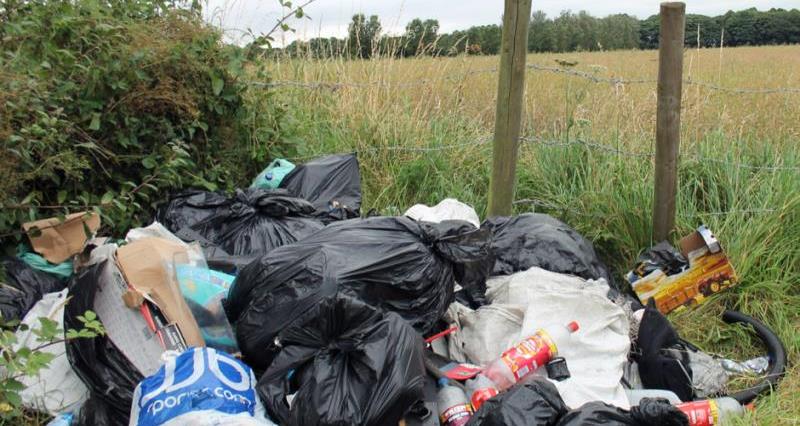While two-thirds of fly-tipping incidents involve household waste, this is often fly-tipped not by the individual that produced it but by the person or business they used to take it away. Reducing the flow of household waste to unauthorised carriers will help ensure it is managed and disposed of appropriately and not fly-tipped or similar.
Currently, if someone fails to meet their duty of care the only options are for the enforcement authority (usually the local authority) to offer a warning or caution or to prosecute them for the criminal offence of failing to comply with their waste duty of care. Each year there are a number of successful prosecutions. However, these prosecutions are costly for the authority and increase the workloads of courts, and also result in the offender being left with a criminal record.
The FPN will be up to a maximum of £400 and will provide authorities with an alternative enforcement option to prosecuting offender through the courts.
Defra and the Welsh Government also agree with the view that FPNs should be issued in a proportionate manner, and that issuing FPNs for the household waste duty of care should not take the focus away from seeking to fine or convict fly-tippers themselves. Instead effective enforcement of the household duty of care provides a second complimentary route through which fly-tipping can be prevented.
The NFU is working to inform householders of their duty of care through its Love Your Countryside campaign and fly-tipping poster.
Legislation for the FPN is being laid before Parliament this year and the FPN will come into force in England in 2019. In Wales, draft regulations will be laid before the National Assembly for Wales for approval early in 2019.
Other aspects of the response included:
- Introduction of a written management system for all regulated facilities that undertake waste operations (comes into force 7 April 2019)
- Requirement to submit details of technical competence arrangements on site via waste return
- Improved financial competence checks through a phased approach
Due to the complexity of the waste exemption aspect of the consultation a supplementary government response will be published next year setting out the proposed changes.
